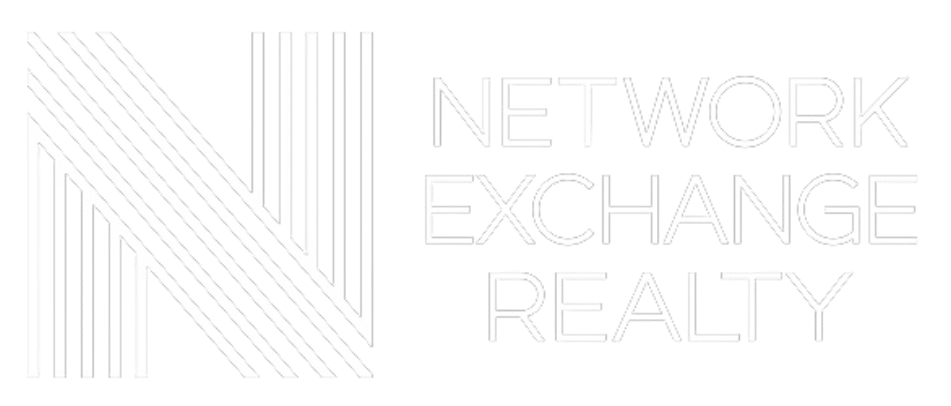When buying a home, the responsibility for closing costs is generally split between the buyer and the seller. In Australia, the costs that a buyer pays include loan application fees, property inspections, lawyers, and stamp duty. These costs usually range from 3-5% of the value of the property.
While sellers, in most cases, are responsible for costs regarding real estate agent commissions, which normally stand in the range of 2-3% of the sale price, other related fees include transfer taxes. However, depending on the agreement, some of the closing costs may be negotiated.
What Are Closing Costs?
Closing costs are fees incurred that pertain to the closing of a real estate transaction. In addition to the cost of the home, these costs add an often-substantial out-of-pocket amount for the buyer. Examples include mortgage application fees, conveyancing fees, various inspections, and property taxes, among many others. Some closing costs are paid by the seller, including agent commissions and settlement costs.
Common Buyer Closing Costs
Stamp Duty: This is the taxation of the state government on property transactions. In Australia, stamp duty can be one of the biggest closing costs, ranging from 3% to 5% of the property’s purchase price, depending on its location and value.
Legal/Conveyancing Fees: Generally, buyers engage either a solicitor or a conveyancer for the legal processing of the transaction. These fees can range from $1,500 to $3,000.
Loan Application and Lender’s Fees: If the buyer is borrowing, they will also be required to pay a loan application fee that includes a range from $200 to $1,000.
Building and Pest Inspections: The buyer usually pays an inspection to identify structural issues in the building and pests, at around $300 – $600.
Lender’s Mortgage Insurance: If the borrower is taking an amount higher than 80% of the house value, then they might need to pay LMI too, which can be many thousands of dollars.
Common Seller Closing Costs
Real Estate Agent Commission: The commission of agents is payable by the seller, which ranges between 2% and 3% of the sale price.
Marketing Costs: Some sellers also pay for marketing, including online listings, print advertisements, and professional photography.
Transfer Taxes: These are usually levied by the government during the transfer of ownership from one owner to another, and sellers may have to bear this cost.
Settlement Fee: This usually comes out of a seller’s pocket as a settlement fee to cover the cost of the finalization of the sale and processing of the legal documents related to it.
Can Closing Costs Be Negotiated?
Some closing costs are negotiable. For example, a seller might agree to pay part of a buyer’s closing costs in order to sweeten the deal. This could be particularly true in a buyer’s market. Buyers may also shop around for better rates on legal and inspection fees.
The nutshell version is that both the buyer and the seller pay closing costs for buying a home in Australia. In general, the buyer pays loan costs, inspection costs, and legal costs, while agent commissions and some taxes are paid by the seller. It’s important to budget for these costs and to know that some of the costs are negotiable, depending upon the situation.

